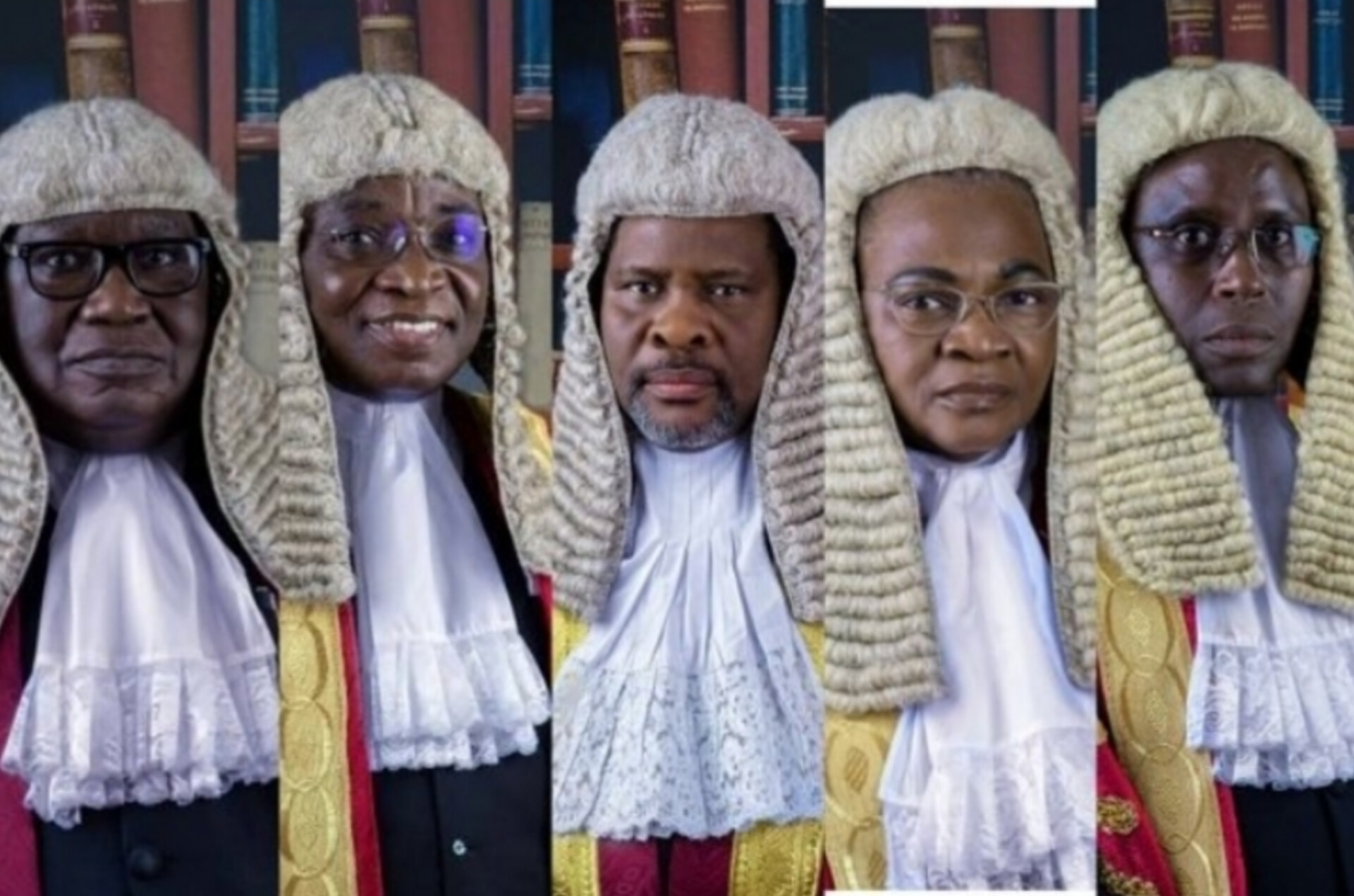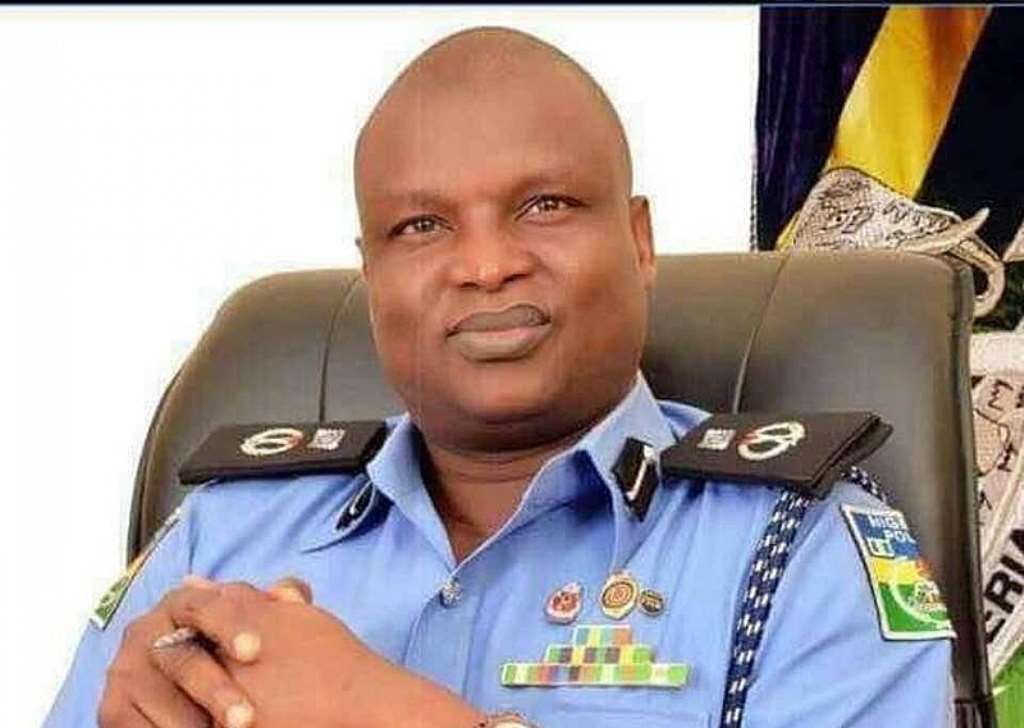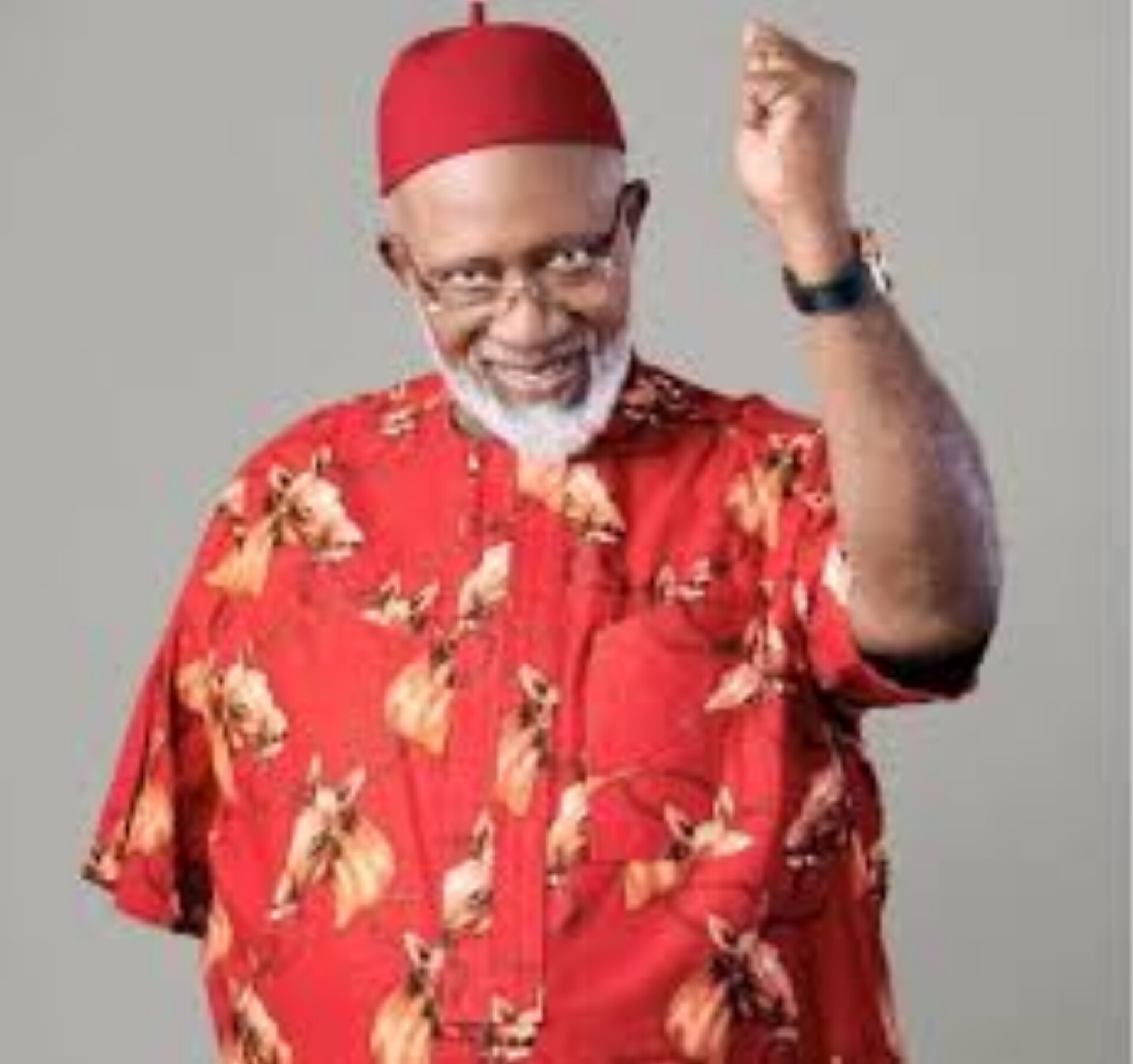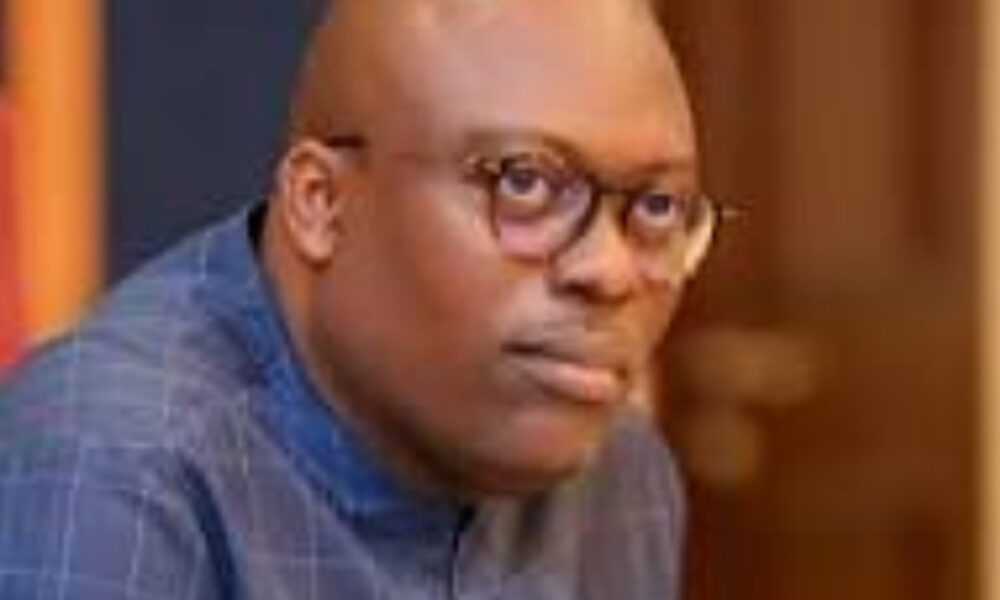The much talked about 25% of the 25% of FCT required to win the presidential election has been described as unnecessary by the Presidential Election Petitions Tribunal (PEPT) has dismissed the petition of the Labour Party and its presidential candidate, Peter Obi on the matter
The PEPT ruled that FCT citizens do not enjoy special privileges ahead of other states of the Federation.
The petitions of the People’s Democratic Party (PDP) and the Labour Party filed against the qualifications of Bola Tinubu, winner of the 2023 presidential election, which is the bone of contention were also dismissed by the tribunal
Justice Tsammani also dismissed the petitions of the PDP and the Labour Party on the alleged drugs case of Tinubu.

On the issue of non-qualification due to an alleged criminal indictment, the petitioners had contended that Tinubu had forfeited $460,000 in the US as an indictment in drug trafficking.
According to the tribunal, the evidence (Exhibit P5) tendered by the petitioners shows that it was a civil forfeiture proceedings.
Justice Tsammani held that the petitioners failed to provide credible evidence to show that Tinubu was arraigned, took a plea or was sentenced or fined in any criminal suit in the US.
The European Union (EU) report on the 2023 presidential election was also rejected on the grounds that it was not tendered by an official of the EU which is the author and has the custody of the document.
The court also refused to admit in evidence the 18,088 blurred polling unit results tendered and dismissed 10 out of 13 witnesses who testified on behalf of Labour Party as either subpoena witnesses or professional as “incompetent” and their testimonies are “worthless”.
The PEPC ruled that Obi’s request for an extension of time to subpoena 10 additional witnesses, not originally part of the petition, was a “surreptitious” attempt to amend the petition beyond the legally allowed 21-day timeframe.
The court found that this amendment is impermissible and consequently dismissed the application. All testimonies from these witnesses and documents tendered by them have been struck out.
“The Nigeria Police, through its IGP, had written to the US to confirm the criminal status of Bola Tinubu and the US government had replied in 2003 stating that Bola Tinubu had no criminal records in the US. Therefore, the court admits this evidence,” the tribunal ruled.




